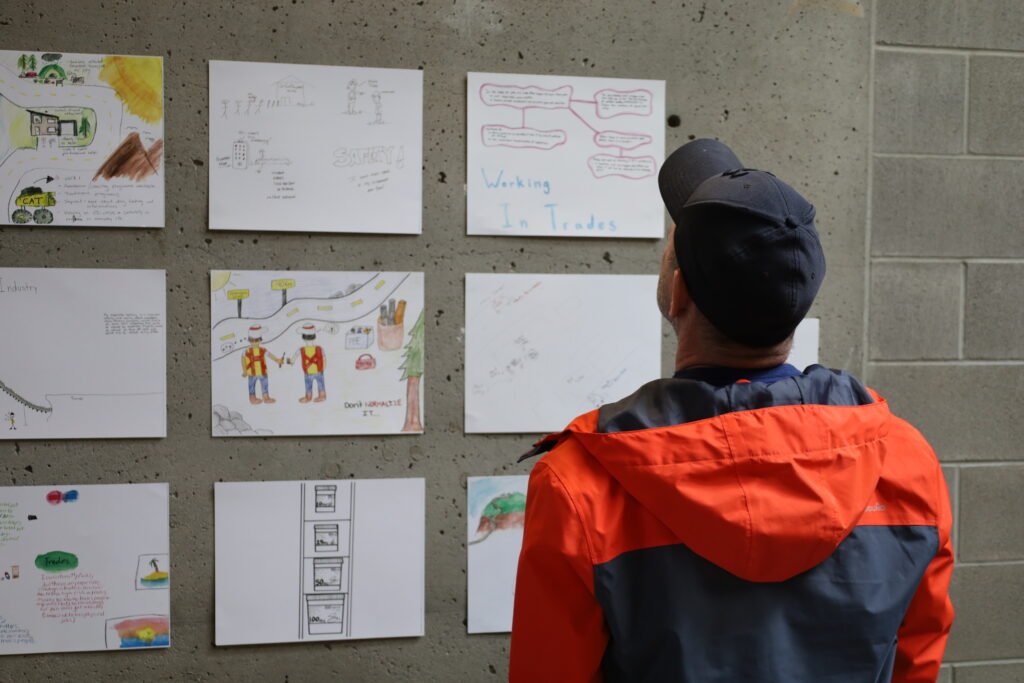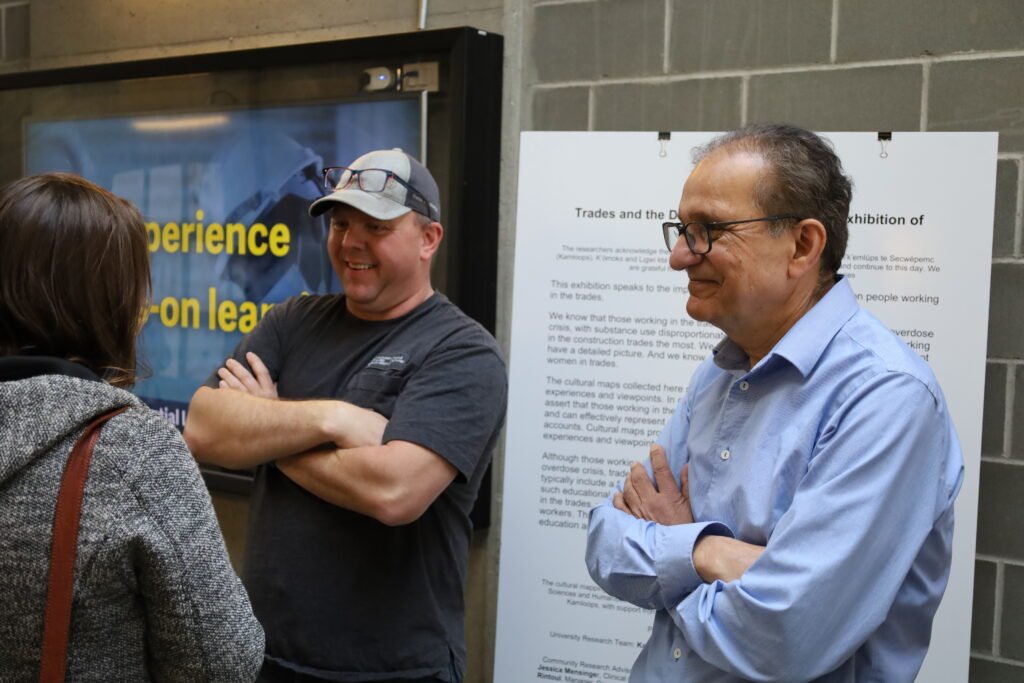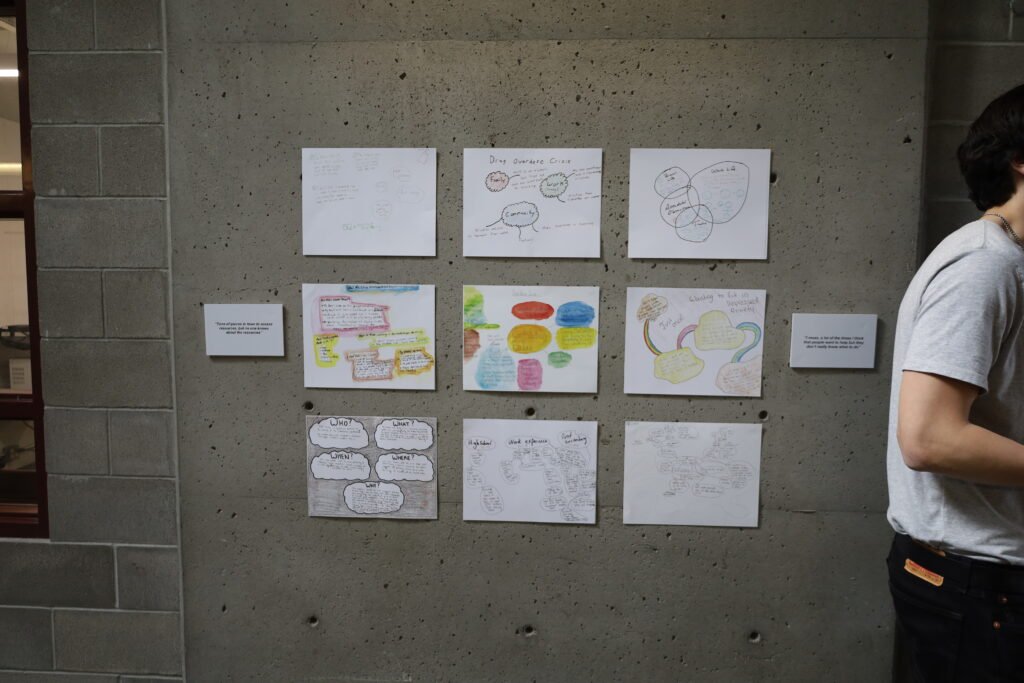DrugAwareBC
Receive Updates on the Development of our Drug Awareness Training Course
Resources for the Toxic Drug Overdose Crisis in the Trades
Discover Interviews, Videos, Toolkits, Reports & Fact Sheets on its Impact
About DrugAwareBC
Thompson Rivers University campuses are on the traditional lands of the Tk’emlúps te Secwépemc (Kamloops campus) and the T’exelc (Williams Lake campus) within Secwepemcúlucw, the traditional and unceded territory of the Secwépemc. The region TRU serves also extends into the territories of the St’át’imc, Nlaka’pamux, Nuxalk, Tŝilhqot’in, Dakelh, and Syilx Nations.
The community-engaged research project “Cultural Mapping Lived/Living Experiences of the Toxic Drug Overdose Crisis in BC’s Small Cities” uses cultural mapping to focus on the toxic drug overdose crisis in our communities. The project is working with populations in Kamloops, Comox Valley, Campbell River, and other communities. The purpose is to use cultural mapping to better understand the crisis through the lens of those directly impacted. An effective response requires the development of shared community understanding and a belief that a coordinated implementation of good policies and actions can produce positive change.
Our current focus is on those working in the Trades: Trades training programs in both universities and schools do not typically include a focus on drugs as part of their curricula. The inclusion of such educational material, if drawn from the lived and living experience of those working in the trades, would likely have a profound impact on the next generation of trades workers.
DrugAwareBC is a project of the Community & Cultural Mapping Research Group, coordinated through Thompson Rivers University, Kamloops, BC, Canada.
Breaking The Silence In The Trades: CFJC Today News Story
CBC Interview: Trades Mapping

Trades Mapping Images Showcase
This exhibition speaks to the impact of the toxic drug overdose crisis on people working in the trades.
We know that those working in the trades are most affected by the toxic drug overdose crisis, with substance use disproportionately affecting men, and affecting men working in the construction trades the most. We know some of the reasons why, but we do not have a detailed picture. And we know relatively little about how the crisis is affecting women in trades.
The cultural maps collected here provide visual and verbal representations of individual experiences and viewpoints. In contrast to conventional maps, these cultural maps assert that those working in the trades possess expert knowledge of their environments and can effectively represent understandings distinct from mainstream or official accounts. Cultural maps provide in-depth visual and verbal representations of individual experiences and viewpoints.
Although those working in the trades are statistically most affected by the toxic drug overdose crisis, trades training programs in both universities and schools do not typically include a focus on drugs in the workplace as part of their curricula. Inclusion of such educational material, if drawn from the lived and living experience of those working in the trades, would likely have a profound impact on the next generation of trades workers. This exhibition is part of a larger research initiative looking at workplace education and awareness—with the goal of developing a micro-credential as an open educational resource for trades apprentices and workers.














